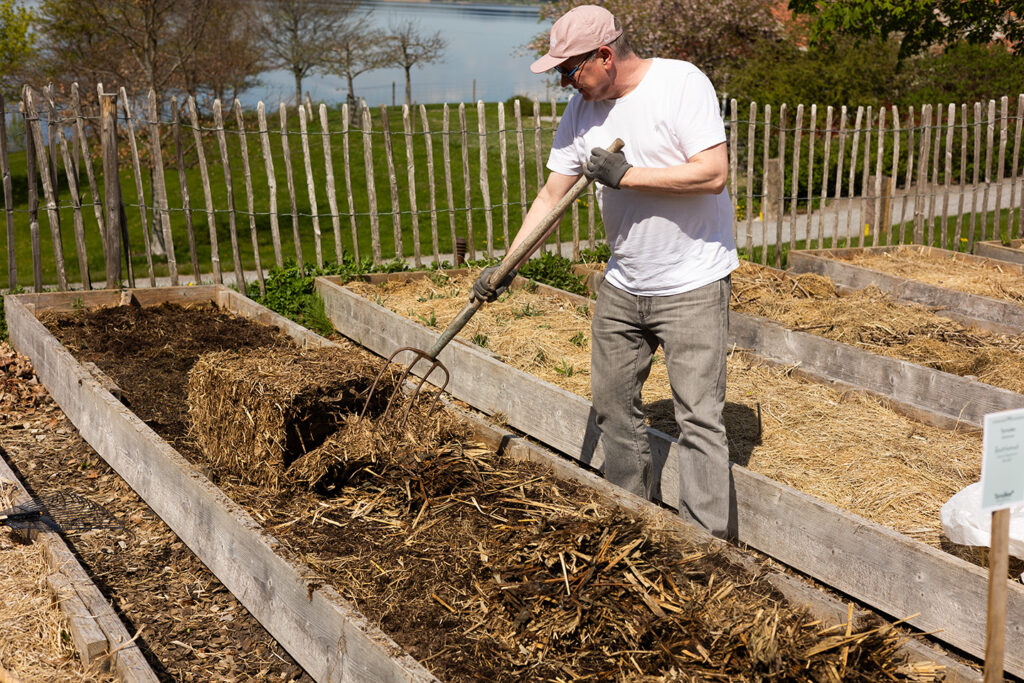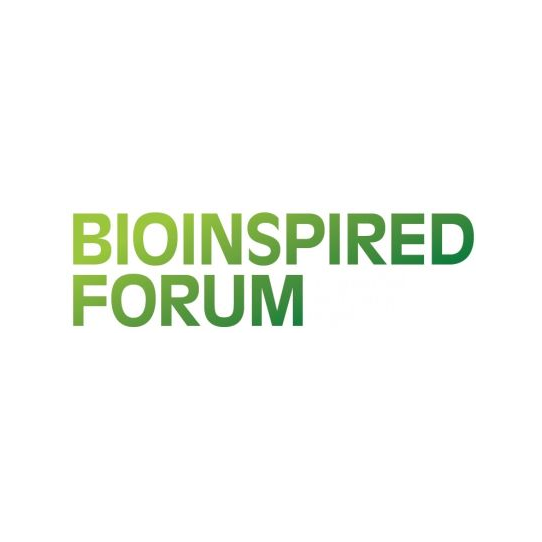Future Materials
The ever-increasing and unsustainable consumption of resources and materials is the primary driver behind climate change and many other environmental issues. Although the circular economy has become a megatrend, too little is done due to the complexity of the transition. Now is the time to act. Through the program area Future Materials, Axfoundation brings together academia, businesses, and experts from the entire materials field to collectively develop solutions for circular and resource-efficient material systems.

Axfoundation creates practical solutions focusing on the use of bio-based and recycled materials, and to significantly reduce overall resource use through the transition to a circular economy.
The Issue
Rapid economic growth and improved welfare globally have increased the demand for materials. Over the past 50 years, material consumption has tripled and without swift, concrete solutions for the sustainable use of natural resources, material consumption could increase by another 60% by 2060. Most business models do not consider products’ onward path after they are used. There is no waste in nature, but as for humans, waste is built into the very heart of our linear economy.
What will it take to transform our throwaway economy? The transition from a linear to a circular economy suggests carbon emissions could be halved and people’s needs be met, using only one third of the materials currently consumed. Unfortunately, circularity in society is decreasing. This leads to significant value losses since materials are burned, landfilled, or downcycled, leading to a decrease in quality.
0
percent of all material value in the economy is lost after just a single usage cycle.
0
percent of biodiversity loss is due to the extraction and processing of raw materials.
0
percent of global water stress is due to the extraction and processing of raw materials.
0
percent – that’s how much Sweden must reduce the use of virgin raw materials by 2050 to stay within planetary boundaries.
About the Program
A systems approach and collaboration are essential for turning theories, research, and good ideas into commercially viable solutions for circular and resource-efficient material systems. This is what Axfoundation aims to contribute to within the Future Materials program area. Together with partners, we run pilot projects and innovations in practice, which, if successful, are scaled up and spread. We gather representatives from various parts of the materials sector: researchers, experts, suppliers, manufacturing and brands, entrepreneurs, industry organizations, and more. We delve deeply into retail, manufacturing, and renewable energy, while also exploring other industries. Our efforts are divided into two focus areas: The Material Shift and Circular Transition.
The Material Shift
Material consumption today depends largely on finite, fossil-based raw materials and unsustainable global value chains. Despite resource-intensive processes for making materials and products – causing severe environmental and climate impacts – substantial residual streams result from inefficient yet streamlined production.
Finite resources are undervalued and wasting them is far too easy. Minimizing material impact requires making full use of all resources, including residuals and waste, to their highest value while transitioning to biobased materials.
Prioritizing local and underutilized biomaterials enhances resilience, reduces supply chain risks, and supports transparent, sustainable value chains.
Now is the time for a radical material shift – one that ensures everything produced is utilized in a regenerative and renewable way.
Circular Transition
The material shift alone will not solve the current climate crisis. To truly reduce the impact of material consumption, overall consumption must decrease. Total resource use must be reduced in absolute terms by slowing material throughput and ensuring that all materials entering the economy are part of circular systems. At the same time, businesses must remain profitable. We need scalable solutions that decouple economic growth from increasing resource consumption.
This requires a shift to circular strategies and business models that keep materials and products in circulation for as long as possible – through maintenance, sharing, reuse, repair, refurbishment, remanufacturing, and, as a last resort, material recycling.
3 System-wide Shifts
The Future Material program area focuses on primarily three system-wide shifts:
- From Finite to Renewable: Raw materials should come from biobased sources that regenerate nature.
- From Waste to Resources: Waste should be treated as a design flaw, and residuals’ intrinsic value should be considered a business opportunity.
- From Linear to Circular: Materials should be kept in circulation at their highest value through circular systems and business models.
Torsåker Farm
Torsåker Farm is where systemic theories are transformed into practical solutions. Here, we can test, evaluate, and scale solutions for bio-based material innovations. Our aim is to develop a test center, bringing together our extensive network of partners to learn, innovate, and accelerate sustainable material solutions from under-utilized and local bio-raw materials.

Torsåker Farm, Axfoundation’s test farm and development center, is a valuable catalyst in our work.
At Axfoundation, we believe successful companies of the future will create value and profitability by being smarter in resource utilization. Increased supply chain disruptions and a long-term increase in resource scarcity mean traditional linear business models are now riskier. Reducing material footprints and reliance on virgin raw materials while finding new business opportunities are key to a circular transition.
– Hanna Hobohm Skoog, Program Director, Future Materials
Results
In Axfoundation’s Progress Report – Act to Inspire & Inspire to Act – we share a selection of successful results from the program area, but we also share examples of when things didn’t go quite as planned. Because it takes courage to fail in order to innovate and accelerate solutions for a more sustainable world.















































